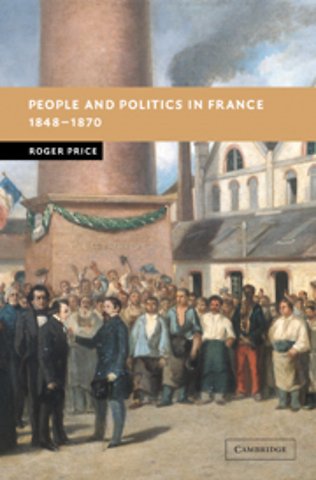People and Politics in France, 1848–1870
Samenvatting
This 2004 book is about politicisation and political choice in the aftermath of the February Revolution of 1848, and the emergence of democracy in France. The introduction of male suffrage both encouraged expectations of social transformation and aroused intense fear. In these circumstances the election of Louis-Napoleon Bonaparte as President of the Republic - and his subsequent coup d'état - were the essential features of a counter-revolutionary process which involved the creation of a system of democracy as the basis of regime legitimacy and as a prelude to greater liberalisation. The state positively encouraged the act of voting. But what did it mean? How did people perceive politics? How did communities and groups participate in political activity? These and many other questions concern the relationships between local issues and personalities, and the national political culture, all of which impinged on communities increasingly as a result of substantial social and political change.
